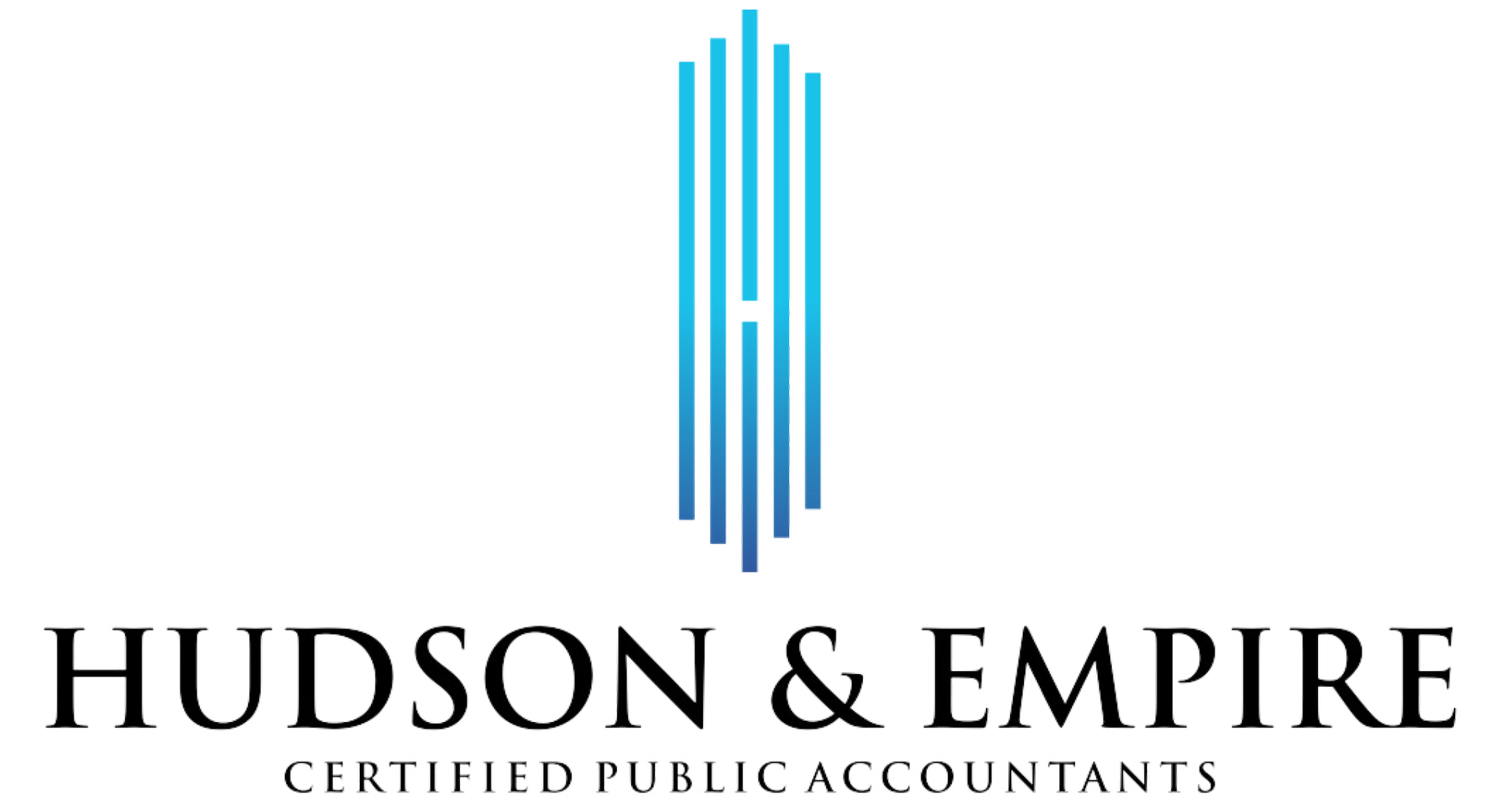Smart Tax Strategies to Save on $1 Million of Business Income in 2024
If you’re a business owner celebrating a successful year, congratulations are in order! However, with year-end approaching, you might be concerned about facing a substantial tax bill. For instance, a $1 million taxable income could feel like a surefire path to a six-figure tax payment.
But here’s the good news: the tax code offers smart tax strategies to significantly reduce your tax liability—possibly even to the point where your obligation is minimal. Let’s explore how these strategies can help you save big.
The Impossible Question
Picture this: Your business has earned $1 million this year. You’ve worked tirelessly, taken calculated risks, and now you’re staring down a tax bill of $300,000 or more. Many business owners see this as unavoidable.
However, implementing smart tax strategies can transform this challenge into an opportunity to save. Here are four effective methods to help you reduce your tax burden legally and strategically.
1. Accelerate Your Business Deductions
One of the most effective smart tax strategies is accelerating deductions. For cash-basis taxpayers, the IRS allows deductions for expenses paid within the current tax year. By prepaying certain 2025 expenses before December 31, 2024, you can lower your taxable income. Examples include:
Office Rent: Prepay next year’s rent.
Supplies and Inventory: Stock up on what your business will need.
Professional Services: Prepay for subscriptions, marketing fees, or software licenses.
Accelerating these expenses could reduce your taxable income by tens of thousands of dollars, helping you take full advantage of available deductions.
2. Leverage Section 179 and Bonus Depreciation
Investing in your business can be another highly effective smart tax strategy. If your business has purchased equipment, vehicles, or other assets this year, you may qualify for significant deductions:
Section 179 Deductions: Deduct up to $1.16 million in qualifying purchases for 2024.
Bonus Depreciation: Deduct 100% of qualifying asset costs in the year they’re placed in service.
Whether you’re buying a company vehicle, upgrading office technology, or investing in machinery, these deductions can significantly reduce your taxable income while equipping your business for growth.
3. Maximize Retirement Contributions
Retirement planning isn’t just about your future; it’s also a powerful smart tax strategy for reducing your tax burden today. Business owners can take advantage of generous contribution limits with plans like:
Solo 401(k): Contribute up to $66,000 in 2024 if you’re self-employed.
SEP IRA: Deduct up to 25% of your compensation, with a cap of $66,000.
These contributions are fully deductible, allowing you to save for retirement while significantly lowering your taxable income.
4. Employ Your Family Members
Hiring family members, particularly under-18 children, can be an effective smart tax strategy for small business owners:
Deduct Their Wages: Salaries paid to your children are deductible.
Tax-Free Income: The first $13,850 they earn is tax-free under the standard deduction.
This approach not only reduces your taxable income but also allows you to contribute to your family’s financial future, whether through college savings plans or retirement accounts.
A Closer Look at the Savings
Let’s break down how these smart tax strategies can impact your $1 million business income:
Prepaid Expenses: $100,000
Section 179 Deductions: $250,000
Retirement Contributions: $60,000
Family Member Salaries: $50,000
That’s $460,000 in deductions—cutting taxable income nearly in half. With additional credits and advanced planning, your tax liability could shrink dramatically.
Why You Need Professional Guidance
While these smart tax strategies are effective, proper implementation is crucial to avoid missteps that could lead to missed savings or IRS scrutiny. At Hudson & Empire, we specialize in helping business owners navigate complex tax situations, ensuring maximum savings while maintaining compliance.
Don’t Leave Money on the Table
Time is of the essence—these smart tax strategies must be implemented before December 31 to impact your 2024 tax year. Don’t leave your hard-earned income on the table. Schedule a consultation with Hudson & Empire today and discover how to keep more of your earnings where they belong—in your pocket.
Frequently Asked Questions (FAQs)
1. What are “smart tax strategies”?
Smart tax strategies refer to legal methods and tools provided within the tax code to minimize taxable income and reduce tax liability effectively.
2. Do these strategies work for businesses with less than $1 million in income?
Yes, these strategies can be applied to businesses of any size, though the savings may vary based on income and expenses.
3. How can I ensure compliance with the IRS while using these strategies?
Working with a professional tax firm like Hudson & Empire ensures all strategies are implemented correctly and within IRS guidelines.
4. Can I still use these strategies if it’s already late in the year?
Yes, but you need to act quickly. Many strategies, like accelerating deductions or making retirement contributions, must be executed before December 31.
5. Why should I choose Hudson & Empire for tax planning?
Hudson & Empire has extensive experience in helping business owners maximize tax savings through personalized strategies while ensuring compliance with tax regulations.



